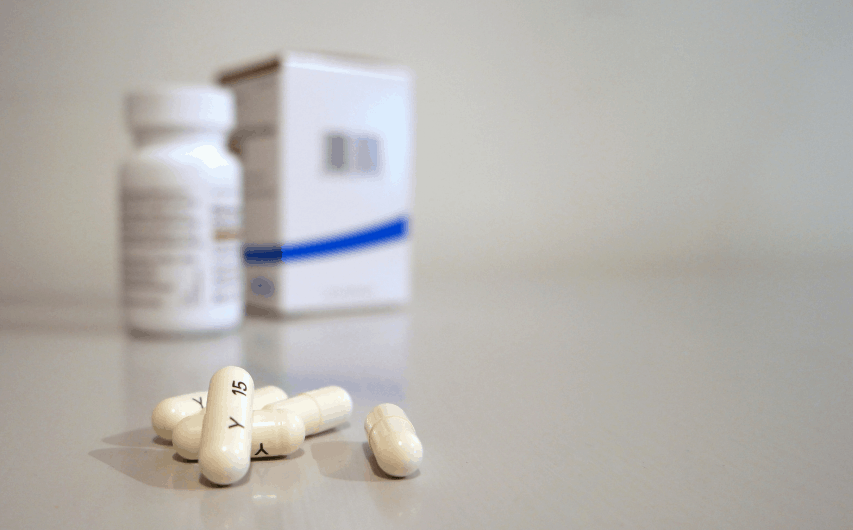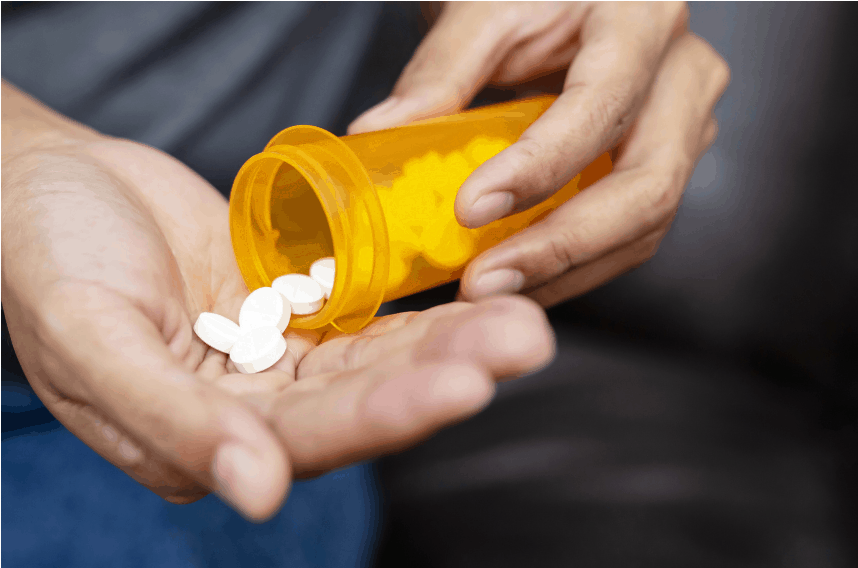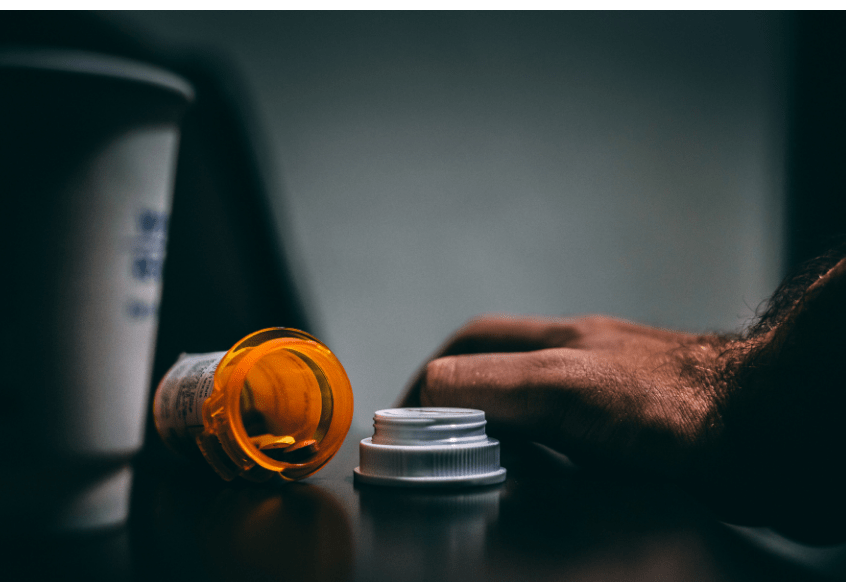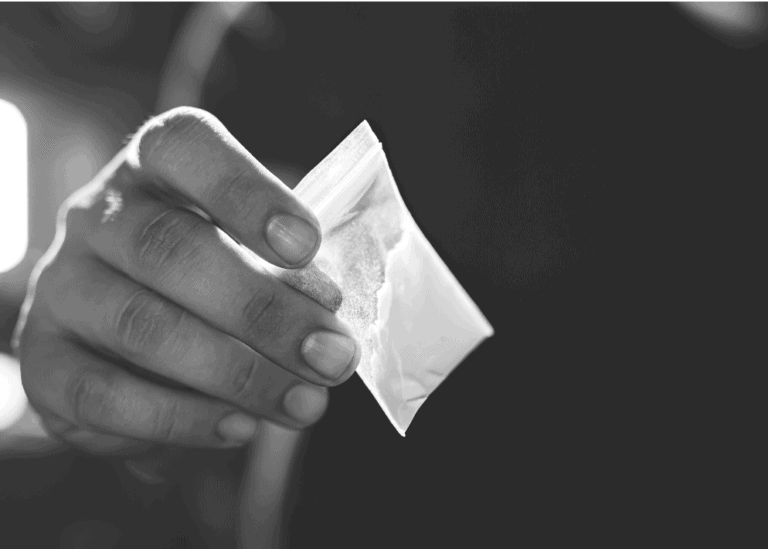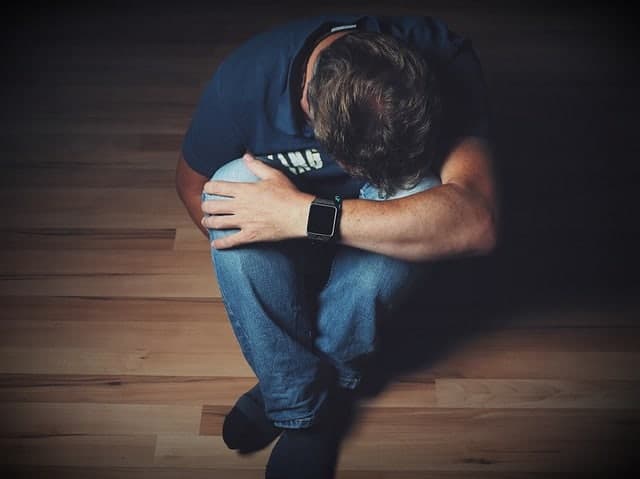Though most addictive substances have the potential for overdose when abused, some pose a much greater risk than others. A number of factors contribute to the likelihood of overdose, such as how potent the substance is, the amount that an individual ingests, and how much an individual’s body can handle, which varies greatly from person to person. If you or a loved one are struggling with substance abuse, it is important to recognize the risks of Percocet abuse, symptoms of an overdose, and what to do if an overdose occurs.
Dangers of Percocet Abuse
Percocet is a synthetic opioid medication containing oxycodone and acetaminophen. It is prescribed to treat moderate to severe pain, however, it is highly addictive and frequently abused. Because it is a prescribed substance, it is seen by many as “safer” than illicit substances such as heroin, but abusing it can be just as dangerous and addictive. The body builds tolerance to the drug over time, fueling a need to continually increase the amount required to feel its effects. This can quickly lead to a toxic cycle of dependence and addiction.
Abusing Percocet by taking large amounts on a regular basis can have adverse effects on the body, and lead to life-threatening health problems, such as liver failure and respiratory failure.
When the body has become accustomed to Percocet abuse, an individual will likely experience intense withdrawal symptoms if they abruptly stop taking it.
Can I Overdose on Percocet?
Yes, you can overdose on Percocet. In fact, according to the National Institute on Drug Abuse, over 18,000 people died from overdose of Percocet or other opioid painkillers in 2015.
Symptoms of Percocet Overdose
These are the warning signs to look for if you suspect that you or someone near you are experiencing a Percocet overdose. Warning signs include:
- Depressed breathing
- Respiratory failure
- Slow heart rate
- Blue-tinged nails or lips
- Nausea
- Vomiting
- Severe drowsiness
- Loss of consciousness
- Seizure
What Should I Do in the Event of a Percocet Overdose?
It is imperative that you call 911 immediately if you suspect someone near you to be experiencing a Percocet overdose. While you wait for medical assistance, try to keep the individual awake and upright, if possible. If the individual is having a seizure, remove all objects in the immediate area to prevent further bodily injury.
Once medical professionals arrive, the individual will likely be immediately treated on scene, as needed. In the case of opioid overdoses, the medication Naloxone is often administered to immediately reverse the effects of opioids. The individual will then be taken to the hospital for further treatment and observation.
In the event that an individual survives an overdose, it is extremely important that they seek professional addiction treatment. If a Percocet overdose occurs, it will likely occur again if the substance abuse is left untreated.
We Can Help
Percocet is a highly addictive substance that can be deadly when taken in excess. Fortunately, help is available for those struggling with Percocet abuse and addiction. Depending on the stage of an individual’s addiction, they may require detox, an intensive treatment program, or both. Fortunately, Knoxville Recovery Center offers various services to those struggling with this addiction.
Services offered:
Detox – Our on-site detox clinic accommodates and supports clients as the body sheds all residual traces of Percocet. Clients are under medical supervision during the detox process to ensure that they remain safe and comfortable.
Addiction Treatment – During our addiction treatment program, clients will engage in introductory therapies and exercises that work to prepare them for continued, more intensive treatment outside of our facility. The goal of our addiction treatment track is to stabilize clients so that they are treatment-ready.
Mental Health Treatment – Our mental health treatment program introduces behavioral therapies rooted in self-expression and holistic exercise. Art therapy, music therapy, and yoga are just a few forms of therapy we offer at the center. Our goal is to help the client reclaim their voice and expose them to treatment within a professional facility.
Aftercare Planning – Aftercare is designed for individuals who have benefitted from our introductory addiction services and are transitioning into a more intensive addiction treatment program. Once a client is stabilized, they will be encouraged to pursue continued addiction treatment. Our experienced case managers will then work with our clients to place them in a program that addresses their specific wants and needs.Addiction is difficult to overcome alone. If you feel that you or a loved one is struggling with cocaine abuse, our specialists are on standby and ready to help. Call Knoxville Recovery Center and speak with an addiction expert today.



